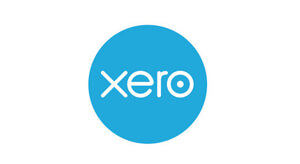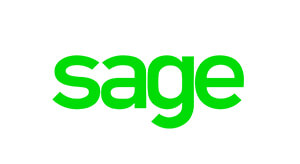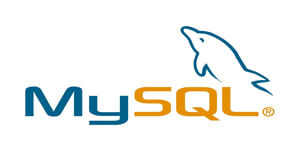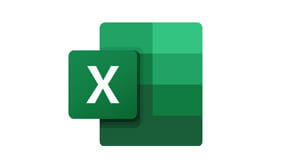Do Bookkeepers Still Need Them?
In an age of rapid technological advancement, the role of bookkeepers has evolved significantly. With the proliferation of accounting software, cloud-based solutions, and digital record-keeping, one might wonder whether we still need to use calculators. The answer is not a simple “yes” or “no.” The role of calculators in modern bookkeeping depends on various factors, including the specific requirements of the business and the preferences of the bookkeeper.
The Changing Landscape of Bookkeeping
Bookkeeping has come a long way since the days of manual ledger entries and physical calculations. Thanks to advances in technology, we now have access to a wide range of software tools designed to streamline these processes. Accounting software packages like QuickBooks, Xero, and FreshBooks have revolutionised bookkeeping by automating many tasks, such as data entry, financial statement generation, and tax reporting.
The Role of Calculators in Modern Bookkeeping
Calculators have been a staple of bookkeeping for decades, providing bookkeepers like ourselves with the means to perform quick and accurate calculations. While their importance has diminished in some aspects, they still play a role in the field today. Here are some situations where calculators are still relevant in modern bookkeeping:
Manual Verification: Even though software can perform complex calculations, we often use calculators to manually verify figures and ensure the accuracy of the automated calculations.
Quick Estimations: In situations where precision is not critical, we may use calculators for quick estimations. For example, when assessing the approximate value of an expense or income, a calculator can expedite the process.
Non-Digital Transactions: In cases where paper-based financial records or non-digital transaction details are involved, calculators are invaluable for converting handwritten data into digital format.
Double-Checking: We often double-check our work (as all good bookkeeper should do) to catch any errors that may have gone unnoticed during automated calculations. Calculators are a handy tool for this purpose.
Training and Education: Bookkeeping students and professionals in training still rely on calculators to learn core financial concepts, calculations, and manual processes before transitioning to digital tools.
Preferences: Some bookkeepers prefer the tactile experience of using calculators and may choose to use them even when digital alternatives are available. It’s just like the humble torch. While many people now rely on the torch on their phone, professionals still turn to the power of a proper torch when they need it.
The Transition to Digital Tools
While calculators continue to have a place in bookkeeping, it’s undeniable that the profession has become increasingly digital. Accounting software and financial apps offer greater efficiency, automation, and real-time reporting, which has become essential for many businesses. These tools can handle complex financial transactions, generate reports, and offer insights that manual calculations and traditional calculators cannot match.
As with so much of what we do at Momentum Bookkeeping, we have always adapted to this digital transformation by learning how to use these software solutions effectively. Moreover, the shift to digital bookkeeping reduces the margin for human error, improves productivity, and enhances data security.
In conclusion, the role of calculators in modern bookkeeping is not obsolete; it’s evolving. While accounting software and digital tools have become indispensable for bookkeepers like ourselves, calculators still find their place in the profession. They are used for quick checks, estimations, and situations where manual verification is essential. Additionally, they play a valuable role in bookkeeping education and training.
All good quality bookkeepers should be adept in both manual and digital methods to adapt to the evolving landscape of financial management. The choice of using calculators or relying on digital solutions ultimately depends on the specific needs and preferences of the bookkeeper and the business they serve. In a world of ever-advancing technology, flexibility and a willingness to embrace new tools are key to success in modern bookkeeping.

Momentum Bookkeeping Ltd
Mentieth House, 29 Park Circus, Glasgow, G3 6AP
Call. 0141 375 1240
Email. info@mvbooks.co.uk





